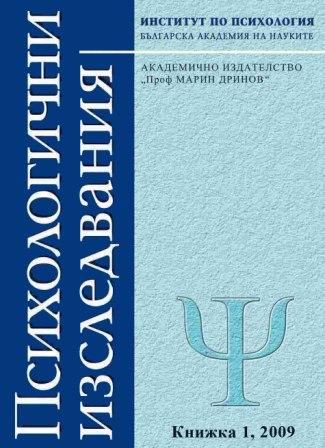,,Приложната психоанализа” на религията у Зигмунд Фройд: основни идеи
Freud’s “Applied Psychology” of Religion: Basic Ideas
Author(s): Nonka BogomilovaSubject(s): Psychology
Published by: Институт за изследване на населението и човека - Българска академия на науките
Summary/Abstract: The author has presented and analyzed some of Freud’s basic ideas on and approaches to religion, which he himself considered to be his most important and valuable effort in applied psychology. Freud’s interpretations of religion are examined in the perspective of individual psychology, of social psychology (Totem and Taboo, Moses and Monotheism, Psychology of the Masses and Analysis of the Human Ego) and philosophy (The Future of an Illusion). In the fi rst two aspects the author has presented Freud’s ideas on religion in the context of his understanding of man and society as a process of mastering and repressing instincts (sexual and aggressive) by culture. Though this process is useful for society, it is traumatizing for the human being, provoking neurotic processes and responses. Also analyzed is the application of some basic Freudian categories – Superego, Oedipus complex – as a methodological tool for the understanding of religion. Presented are the assessments of Freud’s ideas and work by his followers E. Fromm, H. Marcuse, etc., in the context of the present-day state of psychoanalysis.
Journal: Психологични изследвания
- Issue Year: 12/2009
- Issue No: 1
- Page Range: 21-36
- Page Count: 16
- Language: Bulgarian

